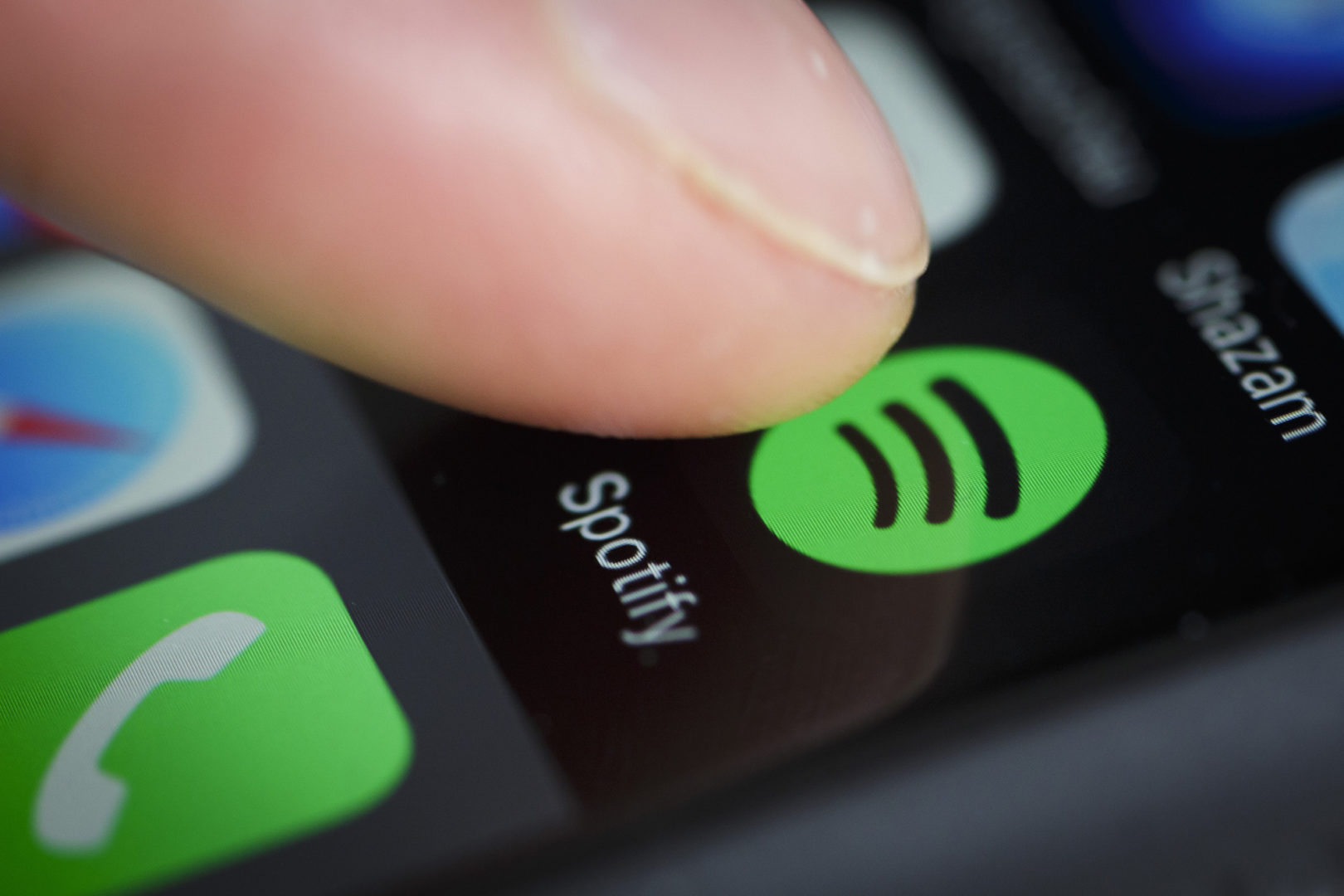Spotify buys podcast startups to win the battle against Apple

Spotify made a major step into podcasting on Wednesday, announcing plans to acquire privately held podcast producers Gimlet Media and Anchor. The music streaming service said it plans to spend up to $500 million this year on more podcasting acquisitions.
Terms of the deals were not disclosed, but late last week, Recode and Vulture podcast critic Nicholas Quah reported Gimlet would sell for north of $200 million. According to Quah, those terms would make it the largest podcast industry acquisition to date.
The Swedish company has been investing in podcasting for a few years now, funding exclusive shows from comedian Amy Schumer and rapper Joe Budden. But the deals for Gimlet, a producer of podcasts, and Anchor, a services company, signal the medium has progressed from a hobby to a key focus for Spotify.
“Spotify is already one of the world’s most-used apps, but we see an opportunity apart from where we sit today,” Chief Executive Officer Daniel Ek wrote in a letter. “This opportunity starts with the next phase of growth in audio — podcasting.”
The investment opens up another front of competition with Apple, the most popular distributor of podcasts. Apple Music is the second-most-popular paid music service, after Spotify. Spotify said it plans to spend as much as $400 million to $500 million on acquisitions this year, including Gimlet and Anchor, and is in the midst of negotiating others.
Stockholm-based Spotify announced the deals on the same day it reported its first profit ever, as well as strong subscriber growth. The company added 16 million new users in the fourth quarter of 2018, 9 million of whom pay for its premium services. Both of those numbers exceeded analysts’ forecasts.
Spotify grew its user base by nearly 30 percent last year despite growing competition from Amazon.com, Apple and YouTube.
Investors have been upbeat about Spotify’s prospects, sending the stock up 23 percent this year. “This is not about the fourth quarter, it’s about the guidance,” said Anthony DiClemente, an analyst who tracks the company for Evercore ISI. “Why are they guiding to such low gross margins?”
One reason may be that Spotify doesn’t expect to get much relief from music companies. Spotify is in the midst of negotiating new long-term contracts with the three major record labels, its biggest suppliers. Spotify doesn’t expect to lower record labels’ share of its sales in these talks, as it did the last time, Chief Financial Officer Barry McCarthy said in an interview.
Lowering costs is another reason Spotify likes podcasts. Podcasting could enable Spotify to reduce labels’ cut of its sales since they get paid based on their share of overall listening.
Spotify plans to use the team at Gimlet, founded by two veterans of public radio, to spearhead a bigger push into original, exclusive podcasting. Founded by Alex Blumberg and Matt Lieber, Gimlet first garnered attention for “Start Up,” a podcast about its own formation, and has since produced hits “Reply All,” about internet culture, and “Homecoming,” a fictional series. The latter, about army veterans, was adapted into a TV series for Amazon.
Anchor sits at the opposite end of the industry. It offers a platform for podcast hosts and producers to create and upload their podcasts.
In podcasting, Spotify is making a big bet on a relatively unproven medium. Total sales from the industry are still in the hundreds of millions of dollars. But Spotify believes it is getting in on the ground floor.
“The engagement numbers have been growing exponentially,” McCarthy said. “If the trends persist, many people will be investing in the space. As we have success, we will double down.”
Spotify was down about 6 percent Wednesday morning following the announcement and the release of its fourth quarter 2018 earnings report. While it beat analyst expectations for operating profit in the quarter with a profit of 94 million euros ($107 million) compared with a mean forecast for a loss of 16 million euros in a Reuters poll of analysts, Spotify saw average revenue per user (ARPU) fall 7 percent in the quarter, as the percentage of cheaper subscriptions rose and as growth in relatively lower ARPU markets outpaced areas with higher ARPU.
Spotify’s slowing sales numbers may have contributed to the dip in the stock as well. Sales grew 29 percent in 2018, down from 39 percent growth in 2017 and 52 percent in 2016.

